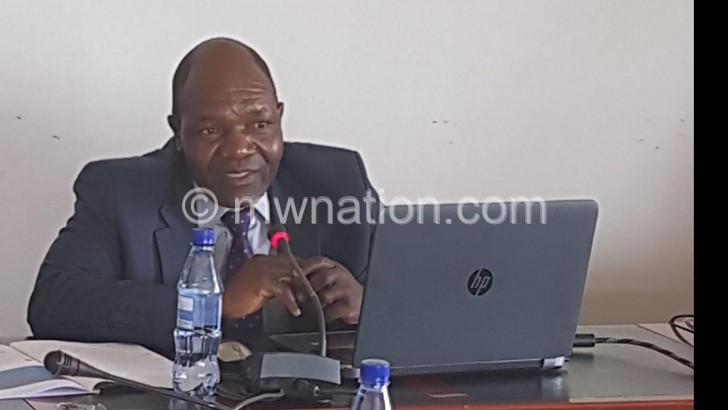Study says tollgates not viable
The Roads Fund Administration (RFA) has shelved plans to introduce tollgates on the country’s roads under a public private partnership (PPP) agreement after a feasibility study found that traffic volumes were too low.
Briefing the Parliamentary Committee on Government Assurances and Public Service Reforms yesterday, RFA director of finance Alex Makhwatha said if the tollgates were to be rolled out using a private partner, RFA would have to subsidise funding between K7 billion and K13 billion.

He said: “It is not economically viable to introduce a tolling system under a PPP agreement. The consultant found that traffic volumes were lower than 3 000 vehicles a day which is the recommended level, but volumes increased when approaching cities so the target would have been commuters.”
By targeting commuters, Makhwatha said there was a danger of inciting a public outcry considering that they would be charged for simply moving from home to work or businesses.
He said the consultant also noted the need for improvements to the road network for road users to see the benefits of being charged to use the road.
“There is need to have proper structures for other road users such as oxcarts and bicycles so that tolled roads have value for money. These structures would have to be put up by the PPP contractor which would be an added cost to RFA,” said Makhwatha.
RFA has since opted to embark on implementing an in-house pilot toll gate on Zalewa-Chingeni stretch of the M1 Road which would be computerised with boom technology to prevent theft.
Ministry of Transport and Public Works director of policy and planning John Bosco Phiri told the committee that the option of in-house would avoid overhead costs to capture revenue from external road users who go scot free when travelling on Malawi roads.
However, members of the committee questioned the use of a consultant to find results which experts in RFA and Ministry of Transport could have ably done.
Kasungu North East legislator Elias Wakuda Kamanga wondered how much had been spent just to find that the venture was not feasible.
But Makhwatha said various legislations allowed for engagement of consultants for feasibility studies and independent consultant with expertise in the region where tollgates have been introduced played a crucial role.
He said: “From a layman’s eye, one would think the roads have high traffic volumes but that is not the case. The consultant was able to check traffic volumes at all hours of the day, at the beginning, middle or end of the month to check viability of the kind of revenue we were expecting to generate.”
RFA had planned to introduce tollgates as an area of reforms to diversify the Roads Fund revenue base.
With toll gates, RFA had projected to raise at least K7 billion additional revenue annually but a feasibility study has concluded that the cost of operation would be higher than revenue generated. n





